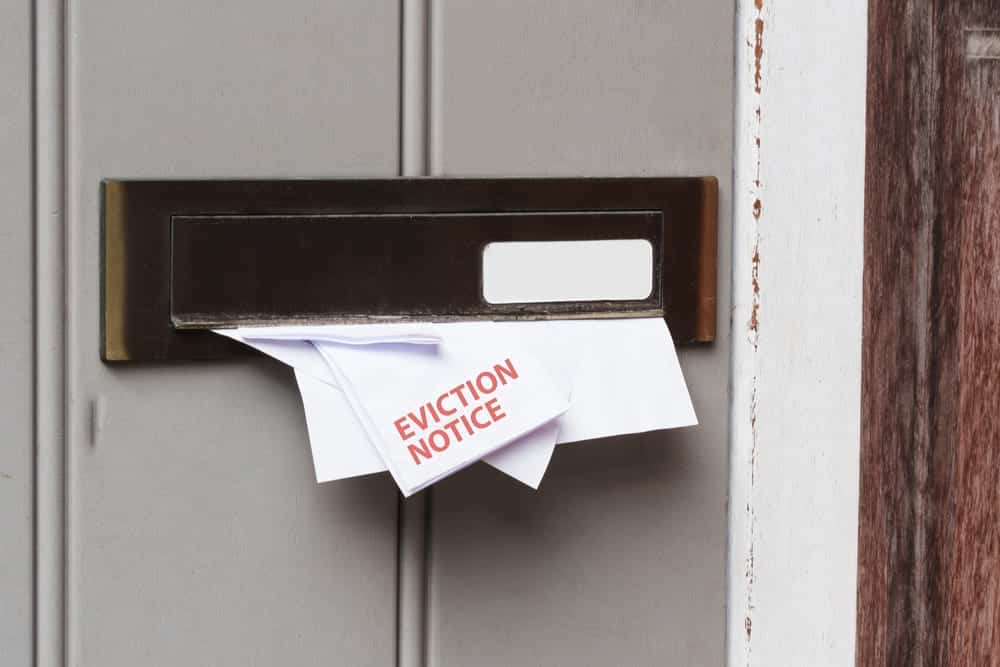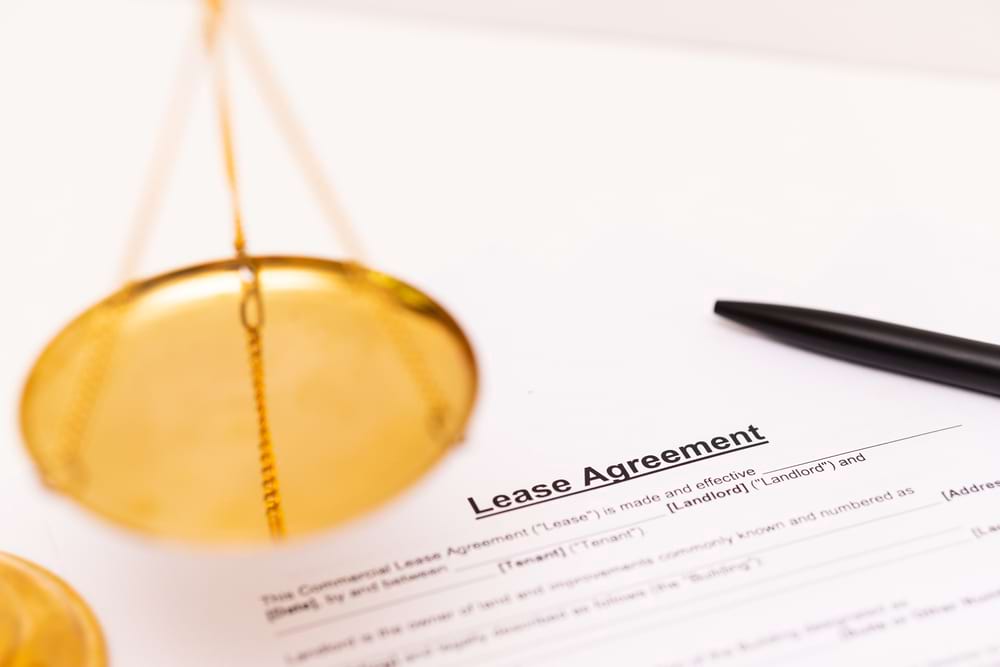Renting has become an increasingly common in the UK.
Over 4.4 million households renting from private landlords.
For many tenants, renting provides flexibility and affordability.
However, one aspect of renting that can cause stress is when your landlord decides to increase the rent.
So, how much can a landlord Increase rent? And what can you do if I feel the increase is unfair?
Read on to find out.
How much can a landlord raise rent?
There are no definite legal limits for rent rises that apply nationally.
However, there are some general guiding principles:
- There is no maximum increase for existing tenants not within a fixed term. However, rent increases must be ‘fair and realistic’. What counts as fair will depend on the current rent amount, market rates, property improvements, and other relevant factors.
- Landlords can’t raise rent excessively to force or coerce you to leave – this is illegal.
- If the property is within a Rent Pressure Zone (RPZ), the rent increase amount may be capped, usually at CPI+5% per year. There are currently 140 local RPZs across England.
- Rent increases to cover property improvements should be proportional to the cost of the improvements.
- The rent increase cannot exceed 50% of the current market rate, per the Rent Officer Order.
So, although there is no maximum percentage increase per year, landlords must follow basic principles around fairness and proportionality.
A rent increase double or triple the current amount risks being seen as excessive or coercive. You have resources to challenge truly unfair rises.
How often can a landlord raise rent?
If you have an assured shorthold tenancy (AST) – the standard agreement for most tenants – there is no limit on how often your landlord can raise the rent.
However, they must follow proper procedures each time. Typically, landlords review rents annually so that you can expect increases to occur roughly each year, although this can vary depending on the landlord.
The exception is if you are within a fixed term. During a fixed term, rent can only be increased if your tenancy agreement allows for it or if you mutually agree.
For example, your tenancy may say rent will increase by 5% each year on 1st January. Outside of defined increments, your landlord can only increase rent during the fixed term if you agree.
Once your fixed term ends and you move onto a rolling monthly contract, the landlord regains the right to increase your rent at any time by following the proper process.
So, in summary – rent can only be increased during a fixed term if specifically allowed. Otherwise, landlords can increase it whenever they like but must provide tenants with proper notice.
Why might a landlord raise rent?
There are a few reasons why your landlord may decide to increase the rent on your property.
Increased costs
A landlord’s costs go up over time, too.
They may need to raise rent to cover agent fees if they use one.
Other costs include repairs, property taxes, insurance, and mortgage payments. These costs are often passed onto the tenant.
Increased mortgage payments
If your landlord has a mortgage on the property and their expenses have increased due to rising interest rates, they may pass on the extra cost through a rent rise.
Property improvements
If a landlord has invested money into improving or renovating the property, they may feel justified in increasing rent to recoup these costs.
Things like new kitchens, painting, bathrooms, flooring or heating can allow them to charge more.
Market rates
Check around at similar local rental properties directly or through a lettings agent. If they rent for more than your current rent, your landlord may increase it to match the market rate.
Additional occupants
If you have moved additional people into the property, the landlord may levy a rent increase to cover higher bills and wear and tear.
Tenant turnover
Landlords often increase rents between tenancies when new tenants move in. Existing tenants tend to face smaller increases.
Changes in tax rules
Recent tax changes like reductions in mortgage interest tax relief can affect a landlord’s costs, which they could offset through higher rents.
Can dispute my landlord raising of rent?
If you feel your landlord is unfairly increasing your rent, there are a few options:
Negotiate
Openly discuss with your landlord why they wish to increase rent and negotiate a lower amount you would be happy with. You can resolve many disputes through compromise.
Independent review
You can ask for an independent rent assessment from a Rent Officer or surveyor to determine if the increase is fair and reasonable.
Formal challenge
A rent increase can be formally challenged through a First-tier Tribunal (Property Chamber) if you have evidence it is excessive or outside the landlord’s legal rights. You would need to raise your case within 14 days of receiving notice. Legal advice may help.
Contact your council
If the property is within a Rent Pressure Zone, the council can take action against landlords who impose excessive rates above the cap.
Tenant unions
Join or contact the local tenant union for advice and support. They may assist you in challenging the increase.
Mediation services
Some councils or third-sector organisations offer mediation between tenants and landlords for rent disputes.
How much notice does a landlord need to give to raise rent?
If your landlord decides to increase your rent, they must provide proper notice before the increase takes effect:
- For a periodic tenancy (rolling contract after fixed term), they must give you at least one rental period’s notice in writing. So, if you pay rent monthly, they must inform you one month before the increase begins.
- If you have a fixed-term tenancy, your landlord can only increase the rent if your contract allows for it or if you mutually agree. Otherwise, it must wait until the fixed term expires.
- The notice must be clear and in writing, setting out how much your rent will increase and the date from when it applies.
- If you pay rent weekly, the landlord must give you at least one week’s notice.
- If the landlord provides insufficient notice, you have grounds to challenge the increase until proper notice is served.
- Confirming with your landlord in writing when you receive notice is a good idea. Hence, there are records of the proper process being followed.
Rent increases can be stressful, but understanding your rights as a tenant is essential. For example, another important situation in which to know your rights is when your landlord decides to sell a tenanted property.
There are often valid reasons for a landlord to raise rents, but they must follow fair processes.
Many disputes can be resolved satisfactorily with open communication, negotiation, and access to third-party advice. Suppose you are unhappy with a notice of rent increase.
In that case, it is worth exploring your options rather than assuming there is nothing you can do.



















